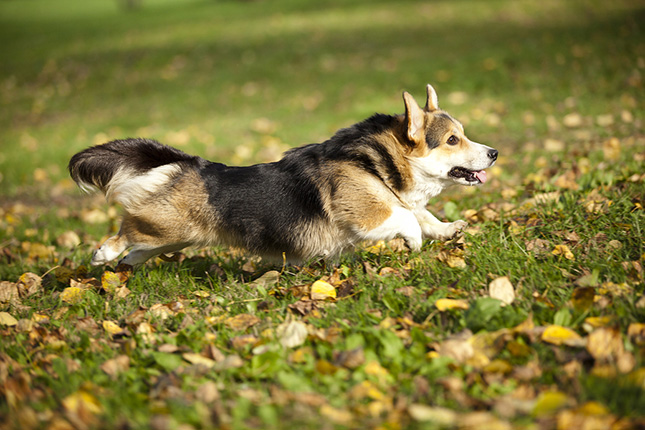Summer Heat Could Pose Threat to Pets

As we welcome the joys of summer such as swimming, barbequing, and baseball, we have to greet the Texas heat. As temperatures are increasing-highs this week were in the low- to mid-90s-it is vital to take the necessary precautions to protect pets from heat exhaustion this summer.
Although there is not a set temperature that is considered too hot for animals, temperatures in the high-80s and above can pose problems for pets, Dr. Stacy Eckman, lecturer at Texas A&M College of Veterinary Medicine & Biomedical Sciences (CVM) said. She added that, generally, if it is too hot for the pet owner to be outside, it is too hot for the pet.
Every pet is different, however, on the temperature they can endure. Cats, for example, are usually more tolerant of the heat than dogs and can often find a shady place to lounge.
“It is very dependent on the pet itself. For example, overweight dogs and brachycephalic (short nosed dogs such as bulldogs) are at a greater risk for heat stroke/exhaustion for even short period of times in warm weather,” Eckman said.
Eckman said other dogs that have a higher chance of heat exhaustion are those genetically sensitive to the heat and those not acclimated to the heat such as indoor dogs. Both dogs with long, thick coats and those with short, thin coats can become overheated so she recommended taking precautions for all types of dogs.
She explained that even dogs who exercise vigorously can become overheated.
“The perfect example of this is a dog who goes to the dog park on a nice, warm, spring day when they have not [been] all winter, and they play [with a] Frisbee [disk] and run more than normal,” Eckman said. She added that this was a common case of heat exhaustion.
Eckman said, generally, the first symptoms of heat exhaustion in pets are lethargy and listlessness.
“They pant to try to cool themselves and can be anxious as they try to find a cool place,” she said.
She added that if pets are outside for too long and become overheated, they can develop diarrhea and vomiting which could lead to shock.
If a pet has these symptoms, Eckman recommended taking him/her to a veterinarian immediately for a diagnosis and treatment. She stressed not to put cold water or ice packs on the animal because it makes it harder for them to cool off.
To prevent heat exhaustion, Eckman suggested providing shade and fans for pets. She also emphasized the importance of having enough water for pets.
“Dogs cool themselves by panting and this can dehydrate them, so they will need more water than you may think,” Eckman said.
It is also crucial to not overwork pets in the summer heat, so start slowly when exercising.
“Take breaks during exercise or play to make sure they cool down and off,” Eckman said.
Pet Talk is a service of the College of Veterinary Medicine & Biomedical Sciences, Texas A&M University. Stories can be viewed on the Web at vetmed.tamu.edu/pet-talk. Suggestions for future topics may be directed to cvmtoday@cvm.tamu.edu.


